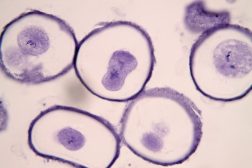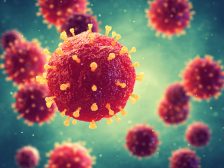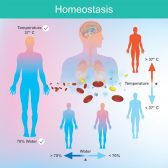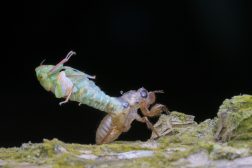Definition
noun
The scientific study of nematodes (roundworms)
Supplement
Nematology is a branch of biology that deals primarily with the roundworms or nematodes. It became an independent discipline in the mid to late 19th century.1 Nematodes belong to the phylum Nematoda. They are characterized by an early pulmonary phase related to larval migration and a later, prolonged intestinal phase. Adult worms are 15-40 cm in length and maintain themselves in the lumen of the small intestine. Infection occurs after ingesting eggs contained in contaminated food or more commonly, by transmission to the mouth by the hands after contact with contaminated soil. Treatment is with mebendazole or pyrantel pamoate.
A nematologist is a person specializing in this field. Nathan Augustus Cobb is regarded as the father of nematology. He was able to describe several species of nematodes. Michel Luc, a French nematologist, is considered as the father of the plant nematology. He is also known for his work on nematode taxonomy. Another notable nematologist is Gregor Willian Yeates. He is known for his work on nematodes in non-agricultural settings, particularly sand dunes.
Word origin: Ancient Greek nêma (“thread”) + –logy
Reference(s):
1 Chitwood, B. G., and Chitwood, M. B. (1950). “An Introduction to Nematology”, pp. 1–5 in Introduction to Nematology. University Park Press, Baltimore.
Dictionary > Nematology
You will also like...

Meiosis – The Genetics of Reproduction
Meiosis is a form of cell division that creates gametes. It is comprised of two divisions that in the end, the resulting..

Biological Viruses
Viruses possess both living and non-living characteristics. This unique feature distinguishes them from other organisms...

Circulation
The circulatory system is key to the transport of vital biomolecules and nutrients throughout the body. Learn about the ..

Physiological Homeostasis
Homeostasis is essential to maintain conditions within the tolerable limits. Otherwise, the body will fail to function p..

Growth Patterns
This tutorial describes the sigmoid curve, annual plant growth, tree growth, human growth, and insect growth as the grow..

Regulation of Organic Metabolism, Growth and Energy Balance
The human body is capable of regulating growth and energy balance through various feedback mechanisms. Get to know the e..

